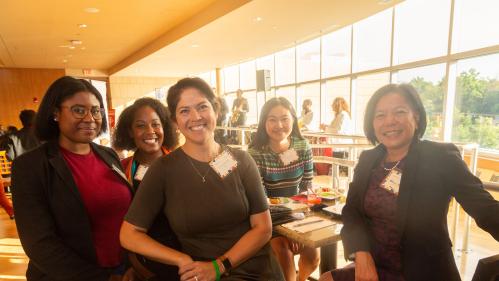Strategic Cluster Hiring
University Academic Affairs supports cluster hires at 100% salary or the equivalent amount for the first two years of appointment, to be used for salary and benefits support, discretionary funds for the faculty as a top off to the startup, or funds to provide protected time for scholarly activities. Note that Funding support is allocated according to the fiscal year, beginning in the year following the hire. Hires made in AY25-26 (FY26) will be supported with program funds as of July 1, 2026 (FY27) and forward for two years total. Appointments that begin mid-year will only be supported with program funds as of July 1.
University Academic Affairs is not currently accepting applications for new cluster proposals.

Strategic Clusters and Faculty Champions
Rutgers University Academic Affairs supports strategic cluster hires and their faculty champions, advancing interdisciplinary research, innovation, and collaboration through dedicated funding, salary and benefits support, and enhanced scholarly resources.